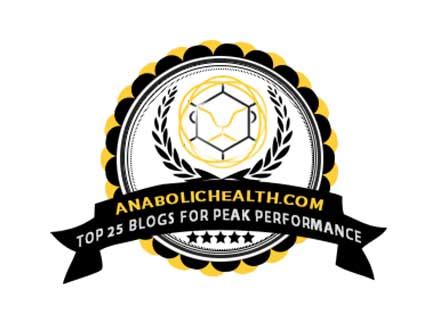
What 3-step routine prevents razor burn & ingrowns for a sharp, performance-ready face?
Achieve a smooth, irritation-free shave and a perfectly groomed look with this essential 3-step routine designed to combat razor burn and ingrown hairs.

Achieve a smooth, irritation-free shave and a perfectly groomed look with this essential 3-step routine designed to combat razor burn and ingrown hairs.

Unlock your full potential for rapid strength gains by mastering science-backed post-workout recovery strategies, including optimal nutrition, quality sleep, and active recovery techniques.

Achieve a smooth, irritation-free professional shave by mastering essential pre-shave preparation, precise shaving techniques, and effective post-shave care to prevent razor burn and ingrown hairs.

Discover effective strategies and principles to achieve significant muscle hypertrophy and strength gains, even when your gym time is severely limited.

Discover the definitive post-shave routine, from immediate soothing to long-term prevention strategies, designed to eliminate razor burn and ingrown hairs for consistently smooth, healthy skin.

Discover the single most impactful daily habit that men can adopt to significantly enhance their energy levels and mental focus, driving them towards peak performance in all aspects of life.

Discover the key nutritional strategies and dietary choices to maintain stable energy levels and sharp mental focus throughout your day, avoiding the dreaded energy crashes.

Discover how to fine-tune your diet with balanced macronutrients, strategic hydration, and vital micronutrients to maintain peak energy levels and sharp mental clarity throughout your day.

Explore the cutting-edge sleep technologies designed to enhance recovery, improve sleep quality, and ultimately boost both mental clarity and physical capabilities for peak performance.

Discover the essential recovery tools and strategies that can significantly reduce injury risk and enhance your physical readiness for optimal performance the very next day.